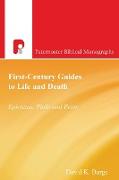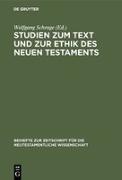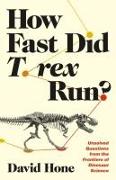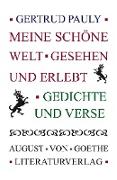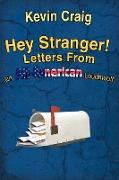First-Century Guides to Life and Death
BücherAngebote / Angebote:
This monograph is a comparative study of three prominent ethical Guides in the Roman East during the Julio-Claudian and Flavian period: Epictetus the Stoic (c. AD 50-60 - c. 135), Philo the Alexandrian Jew (20-15 BC - AD 50), and Peter the Christian Apostle (died c. AD 64). Each Guide drew from his differing philosophical or ideological perspectives to teach about God, life, and death. After providing an introduction to the Guides, Burge examines their teachings on these topics.
Matters of life and death are thus discussed in this forum. What is the nature and character of God according to each Guide, and how is one to relate to God? What is the purpose of life, and what does the good life look like? To what extent is such a life attainable, and how is one to pursue it? What is death, and how does one's view of death affect how one lives? Is there an afterlife, and what can be known about it?
In the final section Burge draws the forum together by considering the resonance and dissonance between the three Guides and discussing reasons for their differences.
It unexpectedly emerged in the course of Burge's research that the three Guides faced an enemy with common features: a movement that was spreading rapidly throughout the Roman Empire known as the Second Sophistic. The close proximity of deceitful teachers to the Guides is reflected in the vehement polemical style with which they set forth their superior path of life. Since each Guide was motivated by, and responded in unique ways to, the threat posed by this common enemy, it was possible to compare their responses.
Folgt in ca. 10 Arbeitstagen
